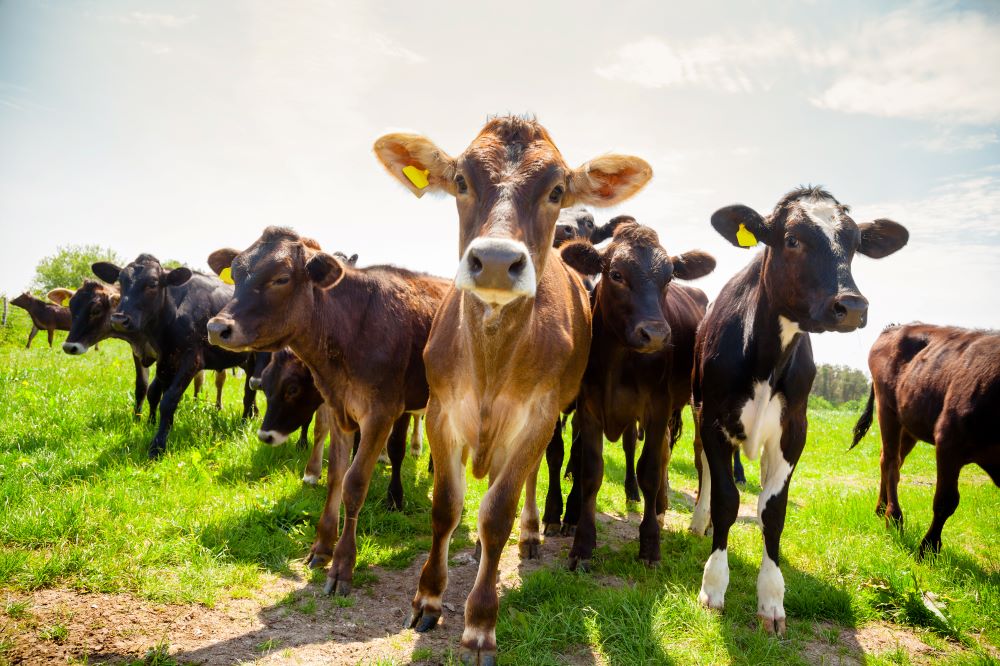
Britain’s right to export animal-origin goods to the EU – and Northern Ireland – is the latest obstacle in the UK’s negotiations for a future trade relationship with the bloc.
The EU has cast doubt on whether it would give Great Britain ‘third country listing’ status due to uncertainties over its biosecurity controls.
‘Absolute basis’
The status allows countries to sell animal-origin products into the trade bloc and was previously viewed as a formality in the talks.
The EU has granted the listing to several countries around the world, including those with which it does not have wider-reaching free trade agreements – such as Australia.
A government spokesman told the BBC that it would be “very unusual” for the EU not to give the UK the listing, saying it is the “absolute basis for a relationship between two countries that trade agricultural goods”.
Northern Ireland exception
Were the EU to withhold the third country listing, this would apply only to Great Britain and not to Northern Ireland, which will continue to trade under EU rules under the Northern Ireland Protocol.
The UK’s chief negotiator for the future trading relationship, Lord David Frost, explained on twitter that if Britain was not listed, it would be “automatically illegal for NI to import food products from GB”. Frost urged the EU to “think better” of making that decision.
The talks for the future relationship hit a nadir last week after the government published proposed legislation which would enable it to “modify and disapply” key aspects of the Withdrawal Agreement relating to the Northern Ireland Protocol.
No-deal price hikes
A no-deal outcome would have a significant impact on prices for food in the UK, according to The Grocer.
New duties would need to be paid for food imported from the EU under the UK Global Tariff and these costs would most likely be passed onto the consumer.
The following could be affected:
- Import tariffs will be introduced for tomatoes (14%), onions (8%) and sweet potatoes (6%) – the UK’s top vegetable imports
- The top fruit imports would also face new duties including raspberries (14%), oranges and cucumbers (12%), strawberries (10%) and grapes (8%)
- Cheddar and butter imports from the EU would face tariff costs of £158/100kg and £139/100kg respectively
- Beef – 90% of which comes into the UK from the EU – will attract tariffs, including mince (48%)
- Pork – 60% of which comes from the EU – will have new duties, including up to £72/100kg in the event of a no-deal
(Source: The Grocer)



